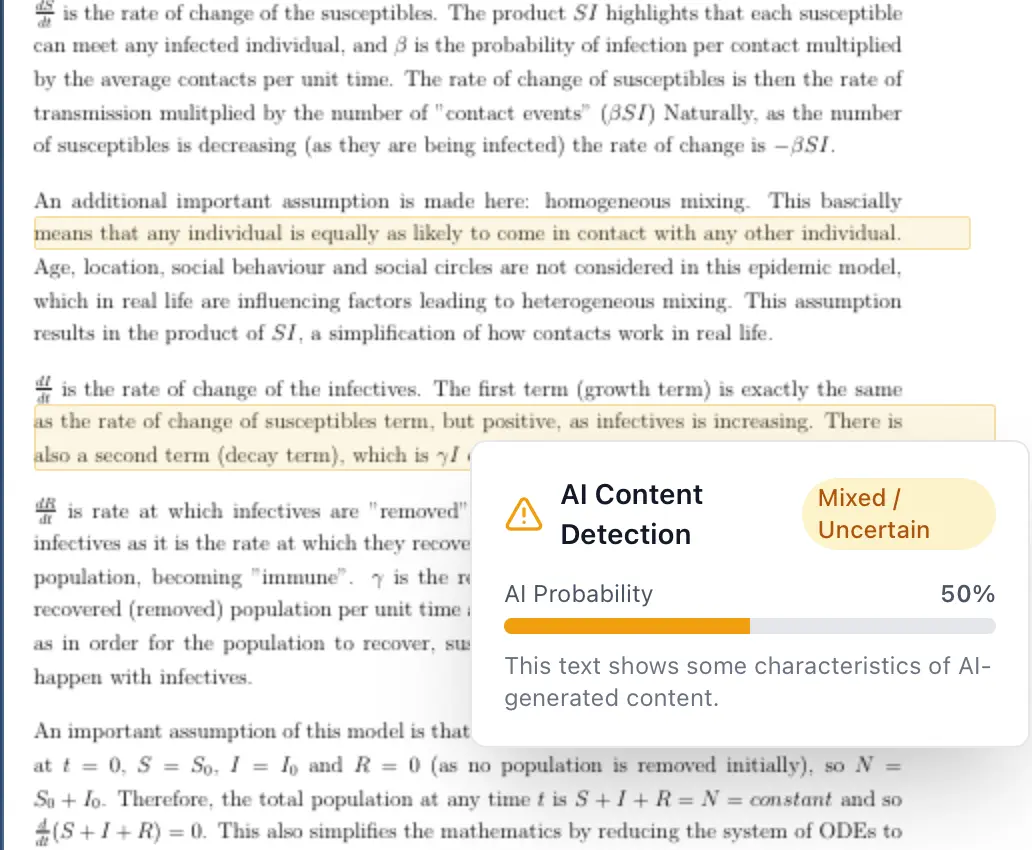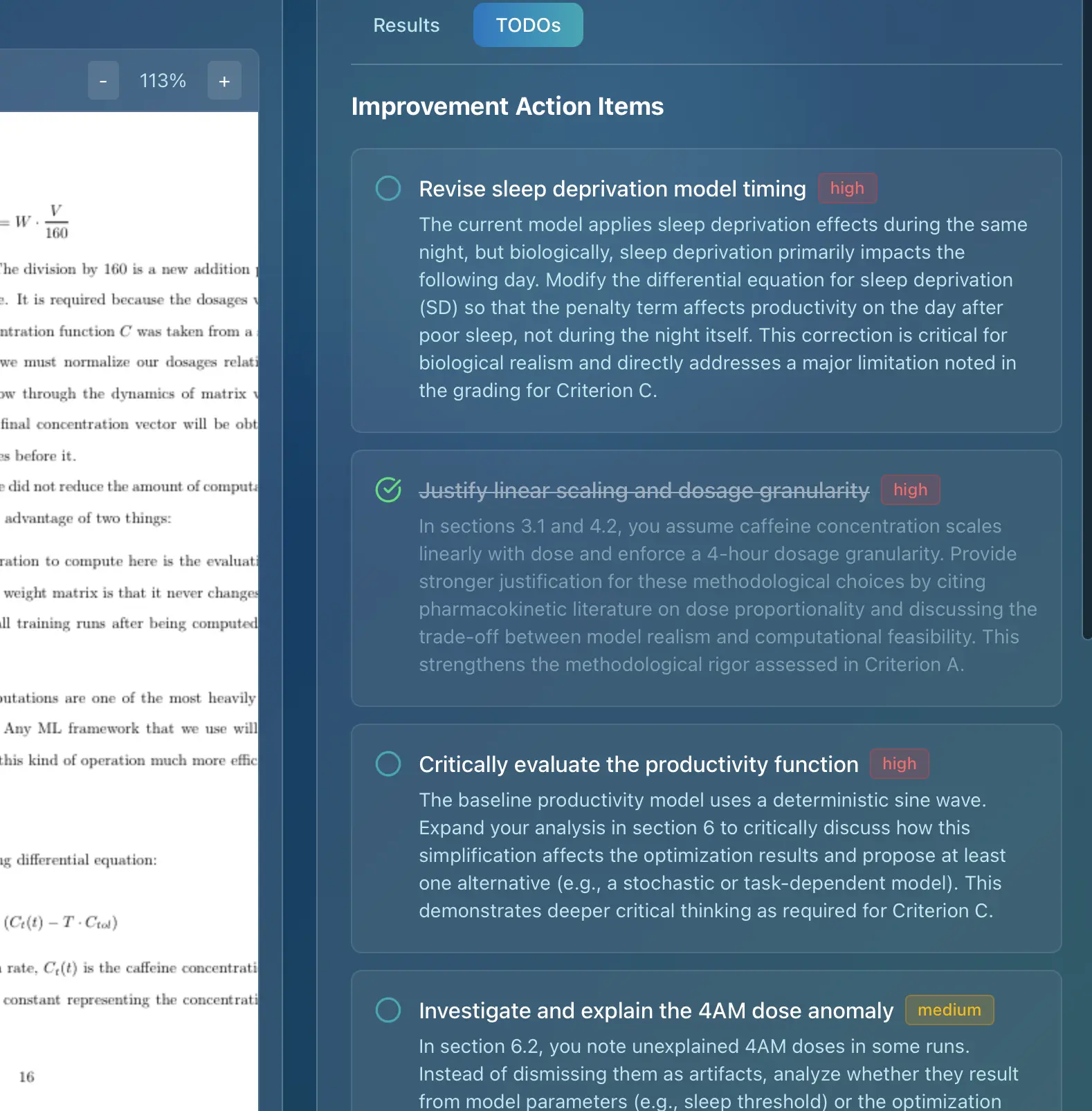Choosing a Company for Your Business Management Extended Essay
Are you an IB student tasked with writing a Business Management Extended Essay (EE) and unsure where to start? Selecting the right company for your research is crucial for a successful EE. This guide provides a comprehensive overview of how to choose a company that aligns with IB assessment criteria, allows for in-depth analysis, and ultimately helps you achieve a high score. We'll cover everything from identifying suitable companies to formulating a strong research question and avoiding common pitfalls. By the end of this guide, you'll have a clear strategy for selecting a company that sets you up for success in your IB Business Management Extended Essay.
Introduction (Answer the Query Immediately)
The International Baccalaureate (IB) Business Management Extended Essay (EE) requires you to conduct independent research on a specific business issue. A critical first step is choosing the right company to focus on. This decision significantly impacts the depth of your analysis, the availability of data, and ultimately, your final grade. This guide will walk you through the process of selecting a suitable company, ensuring your research question is focused, and your methodology is sound, all while keeping the IB assessment criteria in mind. Choosing the right company is not just about picking a recognizable brand; it's about selecting a subject that allows you to demonstrate your understanding of business principles and critical thinking skills.
Struggling with IB Assessments?
Get instant, detailed feedback on your work with AI that understands IB criteria.

Core Content Sections
Understanding the IB Business Management EE Requirements
Before diving into company selection, it's essential to understand the core requirements of the IB Business Management EE. The EE is an independent, self-directed piece of research that contributes to your overall IB Diploma Programme score. It's assessed based on five criteria:
- Criterion A: Focus and Method (6 marks): This assesses the clarity of your research question, the appropriateness of your methodology, and the context of the business situation.
- Criterion B: Knowledge and Understanding (6 marks): This evaluates your understanding of business concepts, terminology, and the application of relevant business and management models.
- Criterion C: Critical Thinking (12 marks): This assesses your research, analysis, discussion, and evaluation skills, including the use of business theories, tools, and techniques.
- Criterion D: Presentation (4 marks): This assesses the structure, layout, referencing, and overall clarity of your essay.
- Criterion E: Engagement (6 marks): This assesses your reflection on the research process, planning, and challenges faced.
Choosing a company that allows you to effectively address these criteria is paramount.
Factors to Consider When Choosing a Company
Several factors should influence your choice of company for your IB Business Management EE:
- Accessibility of Information: Can you access sufficient information about the company? Publicly traded companies often have extensive annual reports, press releases, and financial data available. Smaller, private companies might be more challenging to research.
- Relevance to Business Management Concepts: Does the company's operations or challenges relate to key business management concepts like marketing, finance, human resources, operations management, or strategy?
- Potential for Analysis: Does the company present opportunities for in-depth analysis using business tools and techniques? Can you apply models like SWOT, PESTLE, Porter's Five Forces, or financial ratios?
- Ethical Considerations: Is the company involved in any ethical controversies or practices that you can analyze? Ethical considerations are increasingly important in business and can provide a compelling focus for your EE.
- Personal Interest: Are you genuinely interested in the company and its industry? Your enthusiasm will make the research process more engaging and lead to a better essay.
Brainstorming Potential Companies
Start by brainstorming a list of potential companies that align with your interests and the factors mentioned above. Consider companies in various industries, sizes, and locations. Here are some ideas to get you started:
- Local Businesses: A local restaurant, retail store, or service provider can offer a manageable scope for research and the opportunity for primary data collection (e.g., interviews, surveys).
- Multinational Corporations: Companies like Apple, Coca-Cola, or Unilever provide a wealth of publicly available information and diverse business operations to analyze.
- Startups: Emerging companies often face unique challenges and opportunities, making them interesting subjects for research.
- Non-Profit Organizations: Analyzing the business practices of a non-profit can provide insights into social entrepreneurship and ethical management.
Refining Your Company Choice: Developing a Research Question
Once you have a list of potential companies, the next step is to develop a focused research question. Your research question should be specific, answerable, and relevant to business management concepts.
Example:
- Too Broad: "How does Apple use marketing?"
- More Focused: "To what extent has Apple's brand image contributed to its sustained competitive advantage in the smartphone market?"
To refine your company choice and research question, consider the following:
- Identify a Specific Business Issue: What challenge or opportunity is the company facing? This could be related to marketing, finance, operations, or strategy.
- Relate to Business Theory: How does this issue relate to relevant business management theories or models?
- Ensure Answerability: Can you gather sufficient data to answer your research question within the constraints of the EE?
- Consider Scope: Is the scope of your research question manageable within the word limit?
Examples of Suitable Companies and Research Questions
Here are a few examples of companies and corresponding research questions that would be suitable for an IB Business Management EE:
- Company: Starbucks
- Research Question: "To what extent has Starbucks' expansion strategy in China impacted its brand image and profitability?"
- Company: Tesla
- Research Question: "How effective has Tesla's vertical integration strategy been in mitigating supply chain disruptions in the electric vehicle market?"
- Company: A Local Restaurant
- Research Question: "How can [Restaurant Name] improve its customer loyalty program to increase repeat business and enhance its competitive advantage in the local market?"
Gathering Preliminary Information
Before committing to a specific company, gather preliminary information to assess the feasibility of your research. This includes:
- Company Website: Explore the company's website for information about its mission, values, products, services, and financial performance.
- Annual Reports: Review the company's annual reports for financial data, strategic plans, and risk assessments.
- Press Releases: Search for press releases related to the company's activities, such as new product launches, acquisitions, or partnerships.
- Industry Reports: Consult industry reports to understand the competitive landscape and market trends.
- Academic Databases: Search academic databases like JSTOR, ProQuest, and EBSCOhost for scholarly articles related to the company and its industry.
Common Challenges/Mistakes Section
Many students face common challenges when choosing a company for their IB Business Management EE. Here are some frequent mistakes to avoid:
- Choosing a Company That Is Too Broad: Selecting a large, multinational corporation without narrowing your focus can lead to a superficial analysis.
- Selecting a Company With Limited Information: Choosing a private company or a company in a niche industry with limited publicly available data can make it difficult to conduct thorough research.
- Failing to Relate to Business Theory: Focusing on a company without connecting your analysis to relevant business management theories and models will weaken your essay.
- Ignoring Ethical Considerations: Overlooking ethical issues or controversies related to the company can be a missed opportunity for critical analysis.
- Procrastinating on Company Selection: Delaying the company selection process can leave you with insufficient time to conduct thorough research and write a high-quality essay.
Solutions and Preventive Measures:
- Start Early: Begin brainstorming and researching potential companies well in advance of the deadline.
- Seek Guidance: Consult with your IB Business Management teacher for advice on company selection and research question development.
- Conduct Preliminary Research: Gather preliminary information about potential companies before committing to a specific choice.
- Refine Your Research Question: Develop a focused and answerable research question that aligns with the IB assessment criteria.
- Plan Your Methodology: Outline your research methodology, including data collection methods and analytical techniques.
Pro Tip: Get AI-Powered Grading
Stop second-guessing your grades. Get instant feedback aligned with official IB rubrics.

Advanced Tips/Strategies Section
To elevate your IB Business Management EE, consider these advanced tips and strategies:
- Primary Research: Conduct primary research, such as interviews or surveys, to gather original data and gain unique insights into the company.
- Comparative Analysis: Compare the company's performance or strategies to those of its competitors to identify best practices and areas for improvement.
- Longitudinal Study: Analyze the company's performance over time to identify trends and patterns.
- Critical Evaluation of Sources: Critically evaluate the quality, reliability, and bias of your sources to strengthen your analysis.
- Incorporate Real-World Examples: Use real-world examples and case studies to illustrate your points and demonstrate your understanding of business concepts.
- Consider the Broader Context: Analyze the company's operations within the broader economic, social, and political context.
- Address Limitations: Acknowledge the limitations of your research and suggest avenues for further investigation.
Technology and Modern Assessment Section
Technology is transforming how we approach research and assessment in the IB program. AI-powered tools are becoming increasingly valuable for both students and teachers. For students, AI can help with research, data analysis, and even writing assistance. For teachers, AI grading assistants are revolutionizing the assessment process.
Marksy, for example, is a leading AI grading assistant specifically designed for the International Baccalaureate. It provides instant, accurate, and detailed feedback on student work based on official IB rubrics. This means teachers can provide consistent, criterion-by-criterion feedback, helping students understand exactly how to improve their work. Marksy uses the official IB criteria to ensure accuracy and fairness, saving educators valuable time while maintaining assessment quality. Imagine the time saved when assessing numerous Business Management EEs, each requiring detailed feedback on areas like "Critical Thinking" (Criterion C) and "Knowledge and Understanding" (Criterion B). Marksy can streamline this process, allowing teachers to focus on providing personalized support to students.
Conclusion with Clear Next Steps
Choosing the right company for your IB Business Management Extended Essay is a critical step towards achieving a high score. By considering the factors outlined in this guide, developing a focused research question, and avoiding common mistakes, you can set yourself up for success. Remember to start early, seek guidance, and conduct thorough research.
Next Steps:
- Brainstorm a list of potential companies based on your interests and the factors discussed in this guide.
- Conduct preliminary research on each company to assess the availability of information and potential for analysis.
- Develop a focused research question that aligns with the IB assessment criteria.
- Consult with your IB Business Management teacher for feedback on your company choice and research question.
- Begin gathering data and planning your research methodology.
Ready to take your IB Business Management EE to the next level? Try Marksy for free today and experience the power of AI-driven feedback to improve your score or streamline your grading workflow!